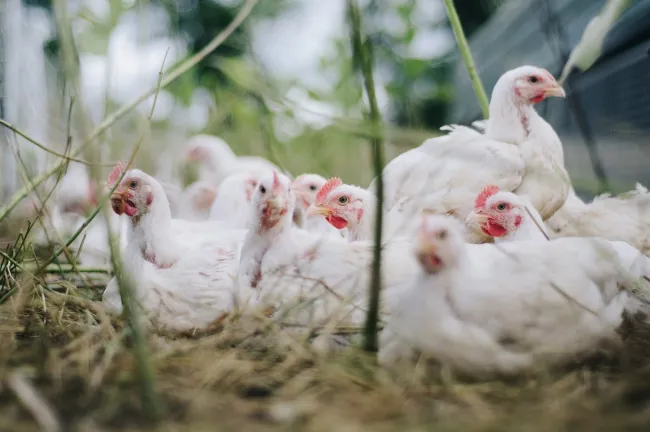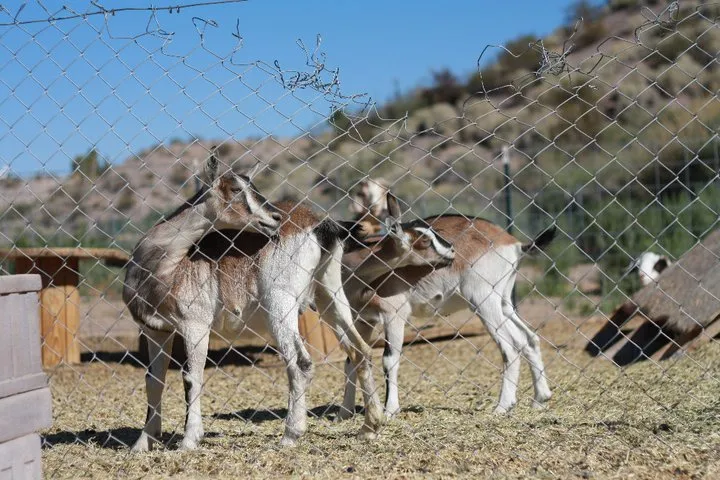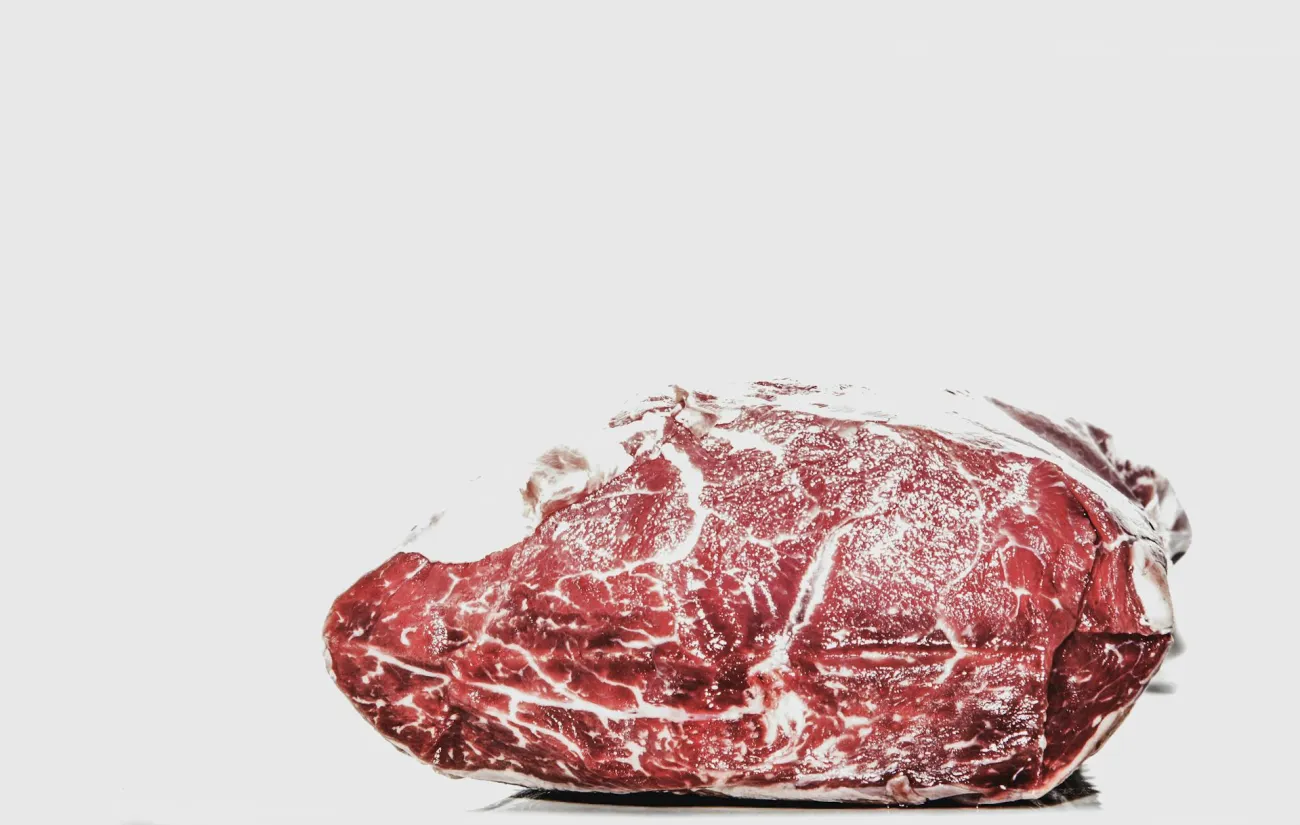This study, published by the Wellcome Trust-funded Livestock, Environment and People (LEAP) programme at Oxford, finds that average meat consumption per person in the UK has fallen from 103.7 g per day in 2008 to 86.3 g per day in 2019 (a 17% decrease). This encompasses a decrease in red meat consumption (13.7 g/day), a decrease in processed meat consumption (7.0 g/day) and an increase in white meat consumption (3.2 g/day).

Abstract
Background
High meat consumption, particularly red meat and processed meat, negatively affects our health, while meat production is one of the largest contributors to global warming and environmental degradation. The aim of our study was to explore trends in meat consumption within the UK and the associated changes in environmental impact. We also aimed to identify any differences in intake associated with gender, ethnicity, socioeconomic status, and year of birth.
Methods
Our study aimed to describe consumption of red, white, and processed meat within the UK, using data from the National Diet and Nutrition Survey rolling programme (2008–09 to 2018–19), and the associated changes in environmental impact. Meat consumption was based on disaggregated meat data, from 4 day food diaries that excluded all non-meat components of composite dishes. For each year surveyed, trends for meat intake were reported as mean grams per capita per day and linear-regression models were used to test for trends. We used multivariable linear-regression models to examine differences among consumers, as a percentage of food energy, by gender, ethnicity, equivalised household income, and year of birth.
Findings
From 2008 to 2019, average meat consumption per capita per day decreased from 103·7 g (SE 2·3) to 86·3 g (2·9) per day (ptrend<0·0001), including an absolute reduction in red-meat consumption of 13·7 g (ptrend<0·0001), an absolute reduction in processed meat consumption of 7·0 g (ptrend<0·0001), and a 3·2 g increase (ptrend=0·0027) in white-meat consumption. Collectively, these changes were associated with a significant reduction in all six environmental indicators over the whole period. The two middle birth-year groups (people born in 1960–79 and 1980–99) and White individuals were the highest meat consumers. Meat intake increased over time among people born after 1999, was unchanged among Asian and Asian British populations, and decreased in all other population subgroups. We found no difference in intake with gender or household income.
Interpretation
Despite the overall reduction in meat intake, reaching meat-consumption targets that align with sustainable diets will require a substantial acceleration of this trend.
Funding
The Wellcome Trust, Our Planet Our Health programme (Livestock, Environment, and People).
Reference
Stewart, C., Piernas, C., Cook, B. and Jebb, S.A., 2021. Trends in UK meat consumption: analysis of data from years 1–11 (2008–09 to 2018–19) of the National Diet and Nutrition Survey rolling programme. The Lancet Planetary Health, 5(10), pp.e699-e708.
Read the full paper here. See also the TABLE explainer Focus: the difficult livestock issue.




Comments (0)